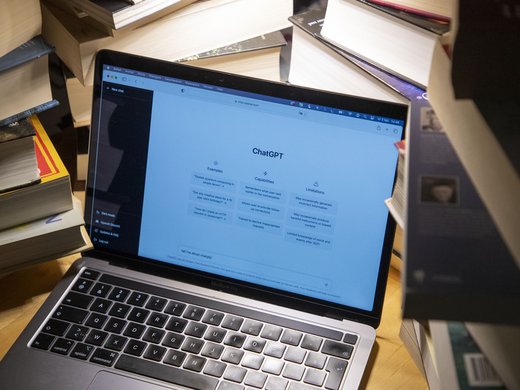Social media played a central and celebrated role in the uprisings that took place in the Arab world in 2011, facilitating the organization and coordination of popular resistance to dictatorial regimes in Tunisia, Libya and Egypt. The use of social media channels to popularize and concentrate resistance was made possible, in part, by the recent growth of the information and communications technology (ICT) sector in the region. While the lack of economic growth, job opportunities and political agency were fundamental driving forces behind the Arab revolutions, ICT and social media were critical tools that helped transform the deep-seated discontent into a widespread social movement.
This CIGI Junior Fellows policy brief considers how the international donor community can support the development of the ICT sector to support democratization in Libya. Following an overview of ICT development and prospects for growth in Libya, the brief proposes technology recommendations in three areas that international donors can support to strengthen Libya’s transition to democracy, including: support for mobile election monitoring; increased Internet access and computer literacy training; and a broad “e-government” initiative.


